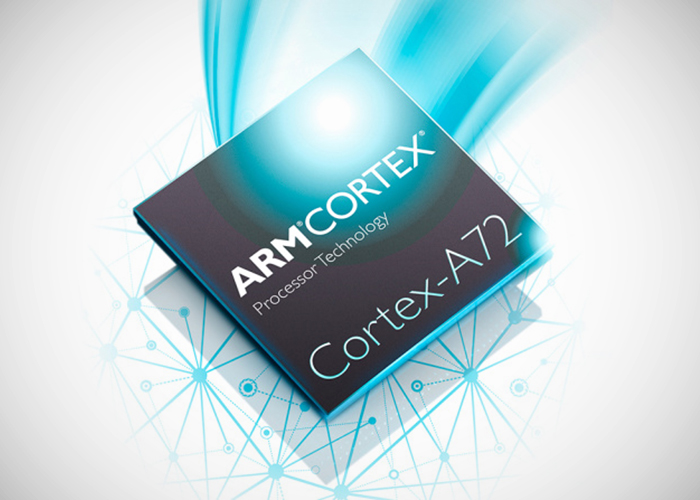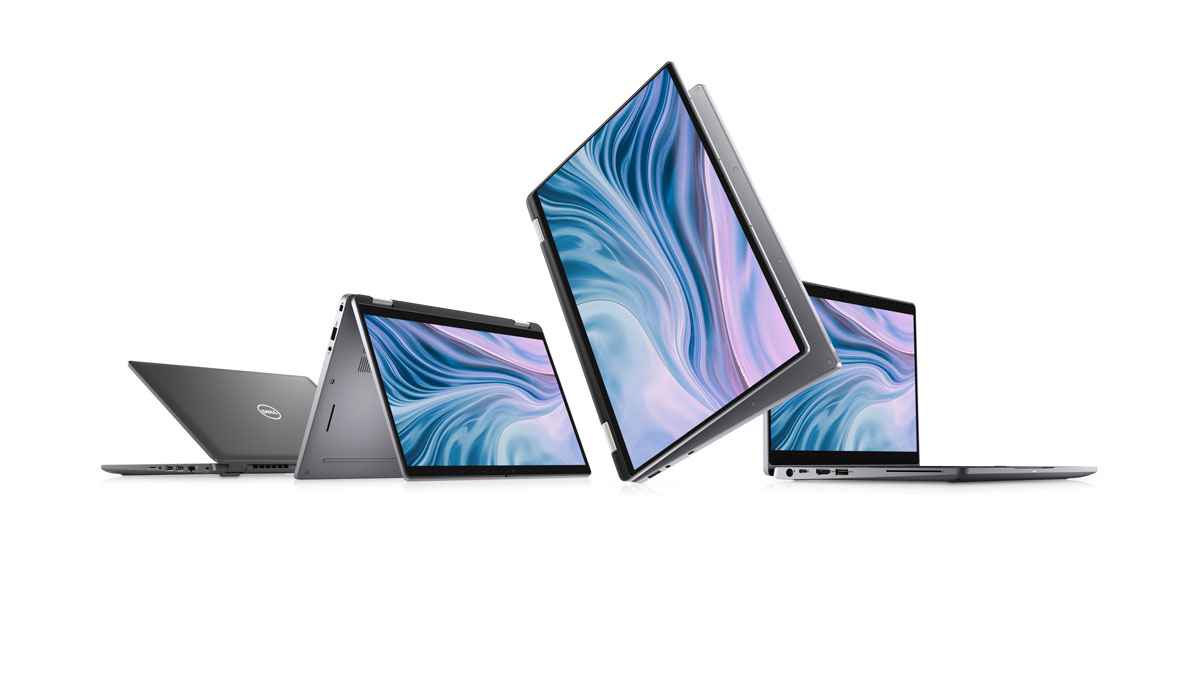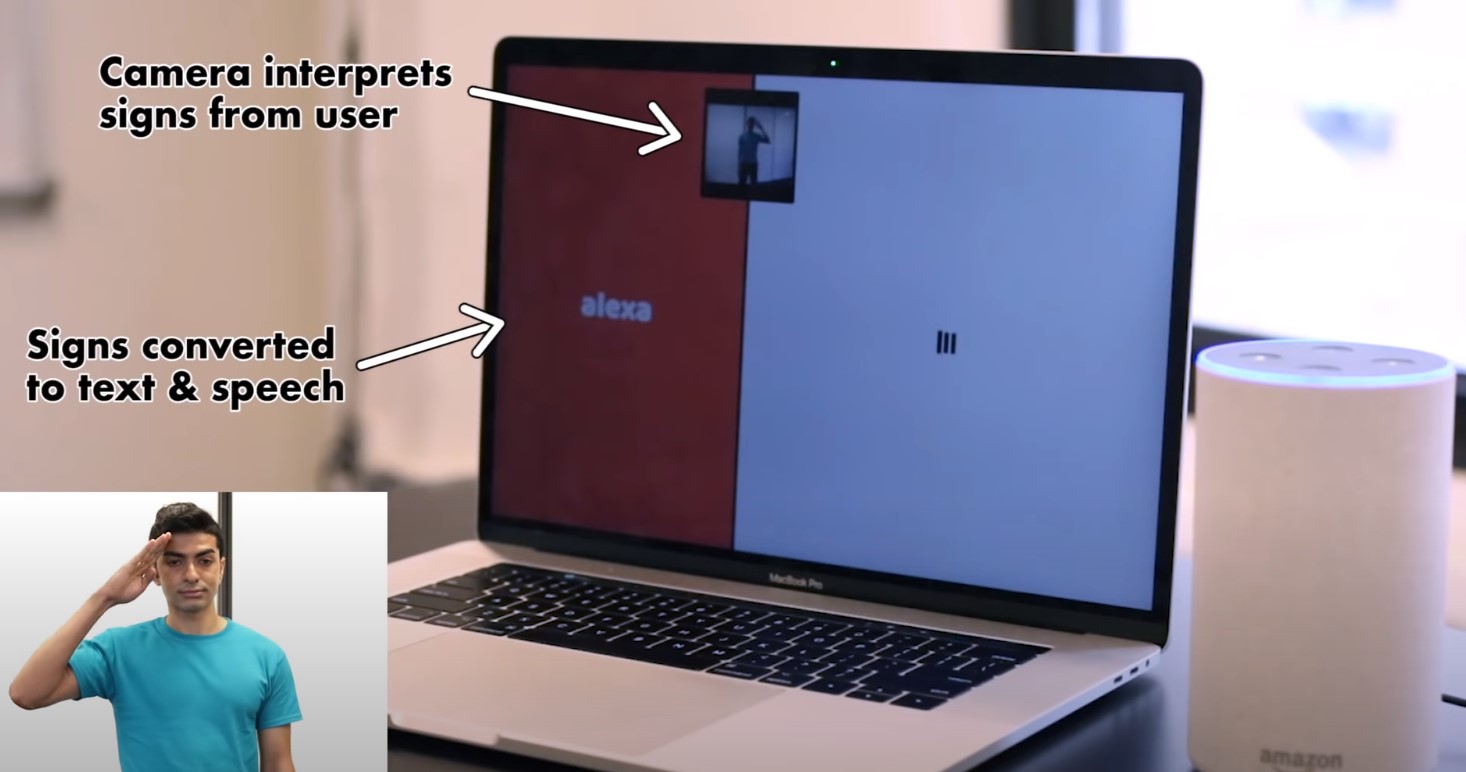Apple designs its own chips. As does Google. At re:Invent on Monday, Amazon announced it is creating its own chips to power its cloud computing servers. Dubbed Graviton, the ARM-based chips can deliver savings of up to 45 percent compared to Amazon offers powered by conventional off-the-shell chips by Intel and AMD.
Amazon Web Services (AWS), the market leader for public cloud infrastructure, is the first of major cloud providers to launch ARM-based computing infrastructure.
So, why build its own chips? It’s complex and tricky, and it takes scale to make it work.
Amazon’s chip announcement caught the industry by surprise. Typically, cloud computing providers buy hardware from specialists – whether processor, memory, storage and others.
As you may know, Amazon bought a startup called Annapurna Labs in 2015. The team previously created small accessory chips for AWS servers. But creating a full-blown CPU is of course, a different matter altogether.
When you think about what AWS is doing, then it all makes sense. Firstly, AWS’ key selling proposition is low cost. And as reiterated by CEO Andy Jassy during his keynote at re:Invent today, AWS is willing to “make less money to help customers.”
Secondly, off-the-shelf chips, being one-size-fit-all solutions, are simply not efficient in different environments and use cases.
With a custom-built chip like Graviton, Amazon can better integrate its servers and software. Graviton is based on ARM architecture that’s used in smartphone processors. They’re less powerful than higher-end Intel processors but are cheaper and more power-efficient.
Amazon’s millions of servers around the globe gives Graviton the scale, which can translate to substantial savings. For certain workloads like web servers, costs can be as much as 45 percent lower.
Graviton is a 64-bit chip clocked at 2.3GHz, based on ARM’s Cortex-A72 design. The custom chip powers AWS A1 EC2 instances.
As mentioned earlier, Apple designs its own chips for the iPhone, iPad and Apple Watch. This gives Apple full control over hardware and software, optimising devices for performance and power efficiency. Apple’s new A12 Bionic and A12X Bionic are one of the world’s most powerful SoCs, with the A12X Bionic that powers the new iPad Pro even more powerful than over 90 percent of today’s PCs. Apple also designs co-processors that power specialised features such as Face ID, Siri, augmented reality and more.
Likewise, Google’s already on the third generation of its own chips, which it uses to train and execute deep neural networks. They power machines learning systems on its new cloud service.
Amazon’s move may rattle chipmakers like Intel and AMD, however a large percentage of the world’s servers still run on Intel-based chips. It’s nascent stages for ARM-based servers but Graviton provides an alternative low-cost solution.
Through its partnership with Qualcomm, Microsoft has also dabbled with ARM-based computing although it’s not currently possible to run ARM chips on Microsoft Azure.
Once Microsoft gets ARM on its servers, we could see ARM servers go mainstream.
Based on IDC data, AWS currently occupies 51.80 percent of the worldwide public cloud infrastructure market share, with Microsoft a distant second at 13.30 percent. This is followed by Alibaba (4.60%), Google (3.3%), IBM (1.9%), and others (25%).
Follow AWS re:Invent updates here: vernonchan.com/tag/reinvent and follow the official hashtag #reInvent











